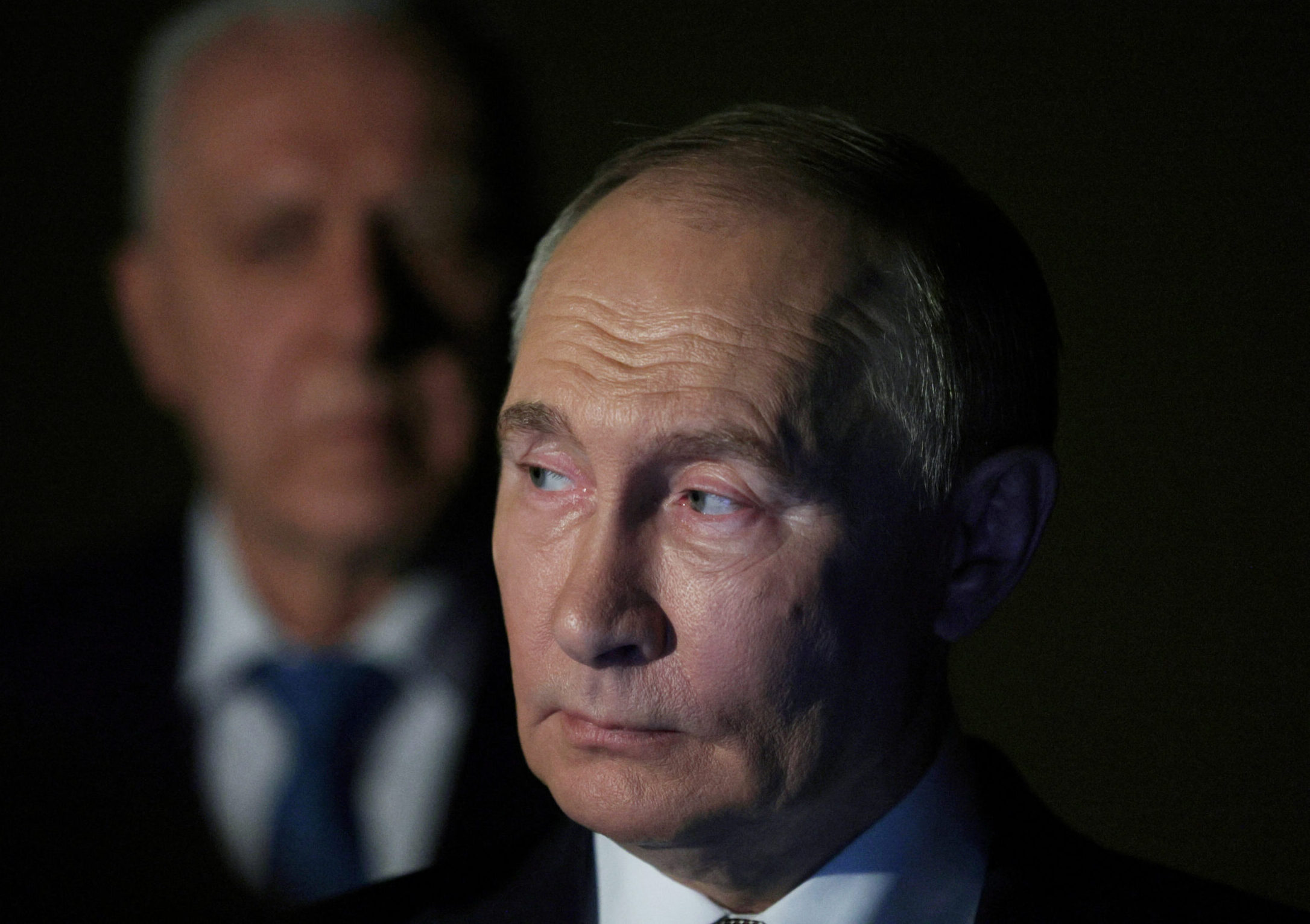When US President-elect Donald Trump returns to the White House next week, his foreign policy priority will be ending the war in Ukraine. As he seeks to engage with the Kremlin, however, Trump is likely to discover that Moscow’s war aims extend far beyond limited territorial gains and leave little room for any meaningful compromise.
If Trump’s peace initiative fails to make progress, it should come as no surprise. After all, Russia’s invasion of Ukraine is not a simple land grab that can be resolved with some kind of compromise deal. Instead, it is an old-fashioned war of colonial conquest that forms the latest chapter in an historic campaign of Russian imperial aggression against Ukraine stretching back hundreds of years.
Russian rulers have been attempting to suppress Ukraine’s statehood aspirations and subjugate the country ever since the seventeenth century and the days of the Ukrainian Cossack Hetmanate. Throughout the Tsarist and Soviet eras, successive generations of Russian rulers sought to dominate Ukraine and extinguish the very idea of a separate Ukrainian nation. This led to a vast array of crimes and atrocities including as the Holodomor, an artificial famine engineered by the Stalin regime in the 1930s that killed millions of Ukrainians in their own homes.
From the very beginning of his reign, Putin has enthusiastically embraced this Russian imperial tradition. When his initial efforts to reestablish control over Ukraine via political subversion were thwarted by the country’s 2004 and 2014 Maidan revolutions, Putin opted to use force and ordered the Russian military to seize Crimea. This watershed moment in modern European history set the stage for the full-scale invasion of 2022. Putin himself has since underlined his imperial ambitions, comparing his own ongoing invasion to the eighteenth century conquests of Russian Emperor Peter the Great.
International audiences often struggle to understand the true nature of Russian imperialism because they have been encouraged to view Russia as a nation rather than an empire. While academics and historians have always made clear distinctions between Great Britain or France and their colonial possessions, for example, this has not usually been the case when dealing with Russia. Instead, occupied countries within the Tsarist and Soviet empires such as Ukraine and Georgia have often been treated as ethnic minorities rather than captive nations.
As a result, modern Russia’s expansionist policies typically escape the ire of those who identify as opponents of imperialism. This also helps to explain why everyday cultural practices such as the use of the Ukrainian language in Ukraine are still sometimes perceived by outside audiences as evidence of dangerous nationalism.
The ultimate objective of Russian imperialism in Ukraine could hardly be more extreme. Putin and his predecessors have consistently aimed to erase any sense of Ukrainian national identity and replace it with a Russian imperial identity. In other words, Russia’s historic goal has always been a Ukraine without Ukrainians.
For generations, Ukrainian community leaders were systematically silenced and all evidence of Ukrainian national memory eradicated. Meanwhile, many of Ukraine’s most prominent intellectuals and cultural figures were appropriated by the empire and rebranded as Russians.
Over the centuries, Russia’s long war on Ukrainian identity has been most immediately apparent in the many legislative initiatives introduced to restrict or ban the use the Ukrainian language. This often extended to outright denials. “A separate Ukrainian language never existed, does not exist, and shall not exist,” stated one particularly notorious Russian imperial decree in the mid-nineteenth century.
Eurasia Center events

Efforts to remove all traces of Ukrainian identity continue in regions of the country currently under Russian occupation. In areas of Ukraine where the Kremlin has been able to establish control since 2022, anyone deemed pro-Ukrainian is at risk of arrest. Thousands have reportedly disappeared into a vast network of prison camps.
Those who remain are being forced to accept Russian citizenship. Dissenters face being stripped of their property rights, denied access to basic services such as healthcare, and deported. They must also subject their children to indoctrination via Kremlin-approved school curriculums that glorify the Russian invasion and demonize the idea of a Ukrainian state. Needless to say, the Ukrainian language is no longer taught or tolerated.
The grim realities of life for the millions of people living in Russian-occupied Ukraine make a complete mockery of suggestions that the war can be stopped simply by handing over more land to Russia. In reality, the current occupation regime is not peace; it is a continuation of Russia’s long war against the Ukrainian nation.
Any attempt to end the war in Ukraine must take Russia’s imperial agenda into account. The future existence of Ukraine is at stake, including everything it represents from language and culture to national memory and ancient traditions. For Ukrainians, this is a fight for national survival against an enemy that makes no secret of its ambition to wipe the country off the map. For Europe as a whole, this is a turning point that will shape the continent’s security climate for many years to come.
The Russian invasion of Ukraine is not a war for land or resources. It is therefore wishful thinking to suggest that Putin can be appeased with the promise of relatively minor territorial concessions. Like so many Russian rulers who came before him, Putin is determined to destroy Ukraine. The war will continue until he is forced to abandon his imperial ambitions entirely.
Anastasiia Marushevska is a co-founder of Ukrainian NGO PR Army, editor in chief at Ukraїner International, and host of the Decolonisation podcast.
The views expressed in UkraineAlert are solely those of the authors and do not necessarily reflect the views of the , its staff, or its supporters.

The Eurasia Center’s mission is to enhance transatlantic cooperation in promoting stability, democratic values and prosperity in Eurasia, from Eastern Europe and Turkey in the West to the Caucasus, Russia and Central Asia in the East.
Image: Russian President Vladimir Putin visits the State Hermitage Museum in Saint Petersburg. December 24, 2024. (Sputnik/Gavriil Grigorov/Pool via REUTERS)









